License and Services Bonds in Texas
Factors That Affect Bond Pricing
The cost of license and services bonds depends on several key factors related to your business, trade, and compliance history. Surety companies consider:
- Bond Amount – The premium is generally a small percentage of the total bond amount, usually between 1–3%, depending on the type of license or service being bonded.
- Type of License or Service – Some professions, such as electrical, plumbing, or HVAC contractors, have higher bond requirements based on potential consumer exposure or regulatory standards.
- State and Local Requirements – Cities and municipalities across Texas set their own bonding rules and amounts. Compliance with these local regulations affects underwriting and approval.
- Business Credit & Financials – Your company’s credit history, financial strength, and length of operation help determine the rate and ease of approval. Strong financials often lead to better bond terms.
- Claim History – A clean record of regulatory compliance and no prior bond claims demonstrate reliability and can help reduce your premium.
- Vendor or Contract Requirements
– If a bond is needed to secure a service agreement or vendor relationship, the project scope and contract value can influence pricing.
Typical Premium Range
License and services bond premiums typically range from 1% to 3% of the total bond amount, depending on credit and underwriting factors.
A $10,000 contractor license bond may cost between $100 and $300 annually, depending on your credit and state requirements.
A $25,000 service bond—often required by municipalities or vendors—might range from $250 to $750, with experienced, financially stable contractors qualifying for the lowest rates.
Ways to Manage Bond Costs
Contractors and service providers can keep premiums affordable and improve approval odds by:
- Maintaining strong credit and clean records. Good credit and a solid history of compliance show sureties that you’re a low-risk applicant.
- Renewing bonds on time. Avoid lapses or late renewals, which can trigger higher premiums or stricter underwriting.
- Understanding local requirements. Knowing each city’s or agency’s bond limits and renewal cycles prevents overbonding or unnecessary costs.
- Partnering with an experienced broker. Ironwood Insurance works with top surety carriers to find competitive rates for Texas contractors and service professionals.

Don’t Cut Corners on Bonding
Skipping or underestimating required license or service bonds can create serious setbacks. Many municipalities won’t issue or renew a contractor’s license without proof of bonding, and vendors may refuse contracts if bond requirements aren’t met. A properly issued license or service bond keeps your business in compliance, protects your reputation, and ensures uninterrupted operations.
Get an Accurate Bond Quote
Every business has unique bonding requirements. Ironwood partners with leading surety carriers that understand Texas licensing and municipal regulations to deliver accurate, competitive quotes for your license and services bonds.
Frequently Asked Questions About License & Services Bonds
What is a license and services bond?
A license and services bond is a type of surety bond that guarantees a contractor or service provider will comply with laws, regulations, and ethical standards set by licensing authorities or clients.
Who needs a license or services bond in Texas?
Contractors, electricians, plumbers, HVAC professionals, and many other service providers need these bonds to obtain or renew state or local licenses—or to qualify for vendor and client contracts.
How much do license and services bonds cost?
Premiums usually range from 1% to 3% of the bond amount, depending on credit, business history, and the specific licensing jurisdiction.
How long does it take to get bonded?
Most license and services bonds can be issued within 24 hours, once the application and underwriting review are complete. Ironwood helps expedite the process so you can stay compliant and get to work faster.
